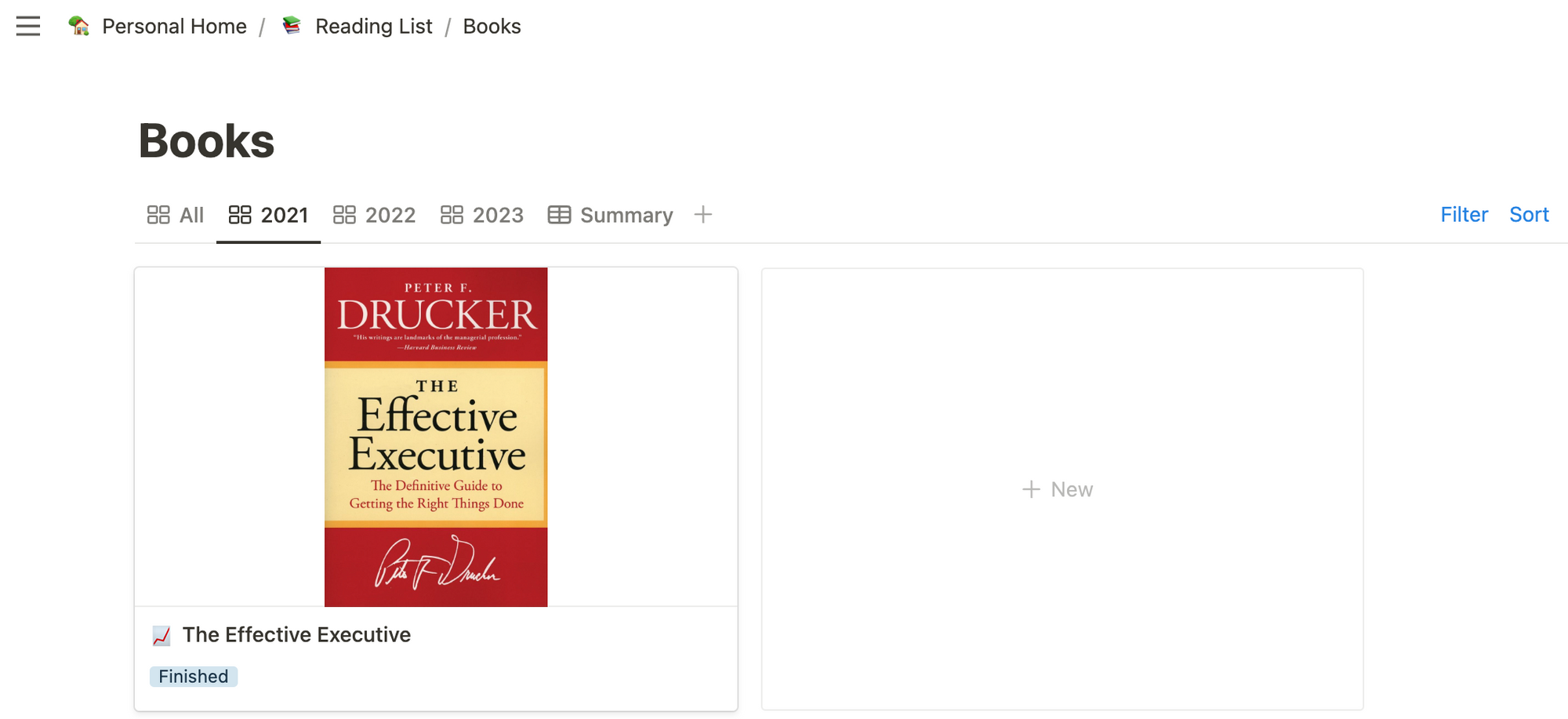The (implied) art of Auditing 🗓️
"It's not important to get things done, it's important to get the right things done."
– Peter Drucker
🧠 Know Thy Life
At year-end, I spend hours reviewing the past 12 months. The end of a calendar year is a good excuse to slow down.
During a hectic schedule in the middle of the year, I ask myself “where did my time go?” — mostly rhetorically. I ask the same question at the end of the year, but no longer rhetorically.

While preparing to wrap up the year, I had a recent realization.
Years ago, when my friends ask for suggestions on how they can better manage time, I used to respond with ideas they can try. If I am asked now, I no longer respond with ideas. I respond with the same question: “Do you know where your time goes?”
There can be different reasons we have a hard time managing time or finances. Sometimes, it is a matter of habit or discipline. More often than not, I realize it is a matter of auditing.
📘 The Effective Executive
One book I revisited when I got reminded of this thought is Peter Ducker’s The Effective Executive.

He shared that this three-step process is the foundation of executive effectiveness:
- Recording time. Know where your time goes. When you point to a certain time of day, do you know what you were doing? Do you know how much time you spent on a certain task? Log your time.
- Managing time. Now that you know where your time is going, you manage it. Remove or reduce the time you spend on items you don’t think are worth it.
- Consolidating time. This is about optimizing. Allocate a focus time to do important & urgent tasks, undisturbed. You can achieve more within 2 hours of continuous work than15 minute chunks split across the day.

I started journaling late in high school. To an extent, I used my Planners & Google Calendar as a journal. I only got into the habit of “planning” during my last year in college. I would think this is probably why I find managing time relatively easy — I have been trying to log my time coincidentally.
From time to time, I have a hard time managing my finances. The book made me realize I need to apply the same technique — know where my finances go before trying to manage them.
At the end of the day, managing time isn't checking a hundred tasks within 24 hours. You need to know how much time you have in a day, know what you want to prioritize, and allocate time according to priorities.
This concept applies to managing anything, not just time.
Put simply:
you cannot manage something you cannot see.
🔗 Links I saved
I encountered this interesting article on How Kindle novelists are using ChatGPT.
Targeting to expand my mind as much as I can, I have started to learn a new language for fun.
At the end of every year, I dedicate time to clean up my photos. I rewatch Johnny Harris' video on How to Remember Your Life to remind myself it's worth it.
Member discussion